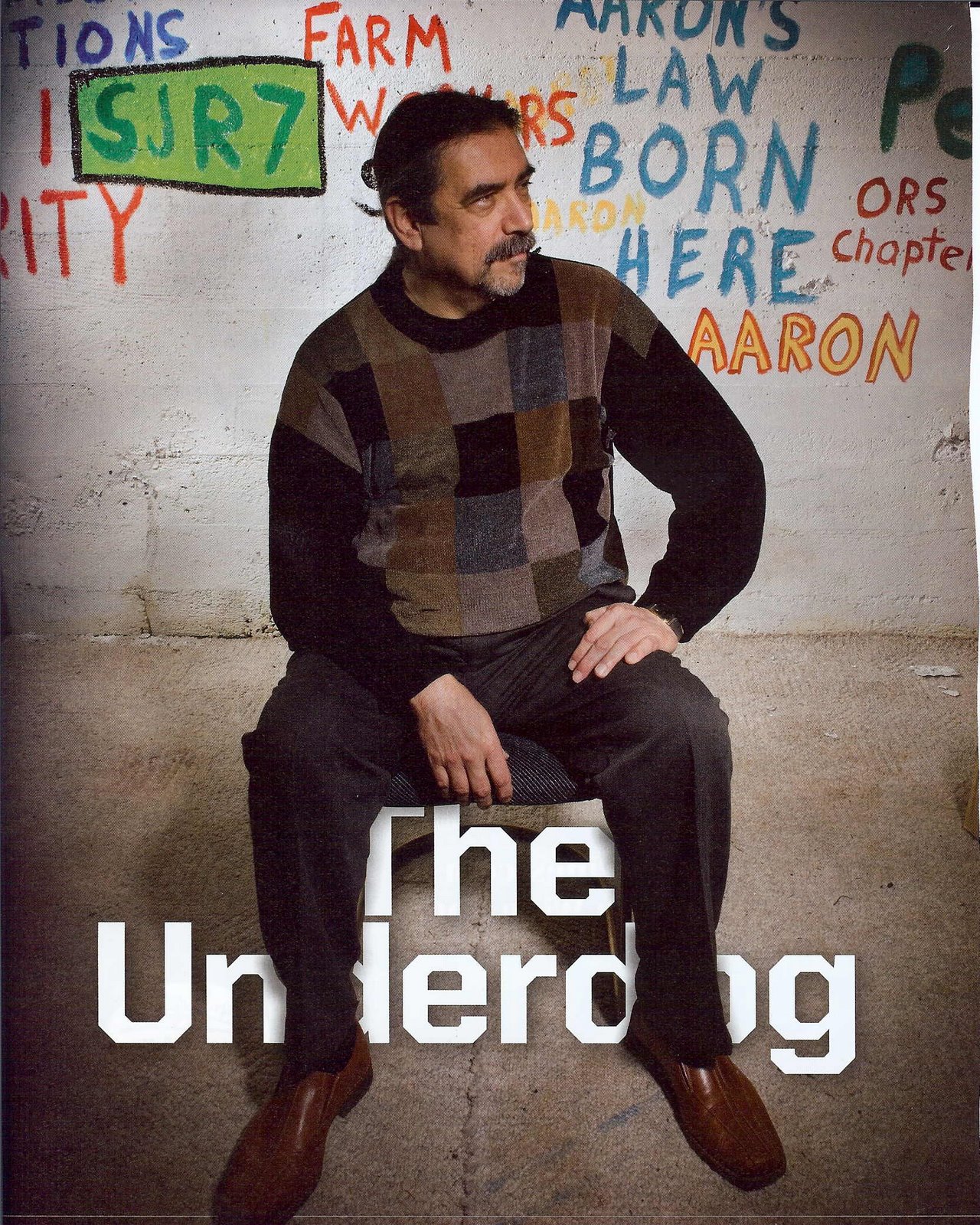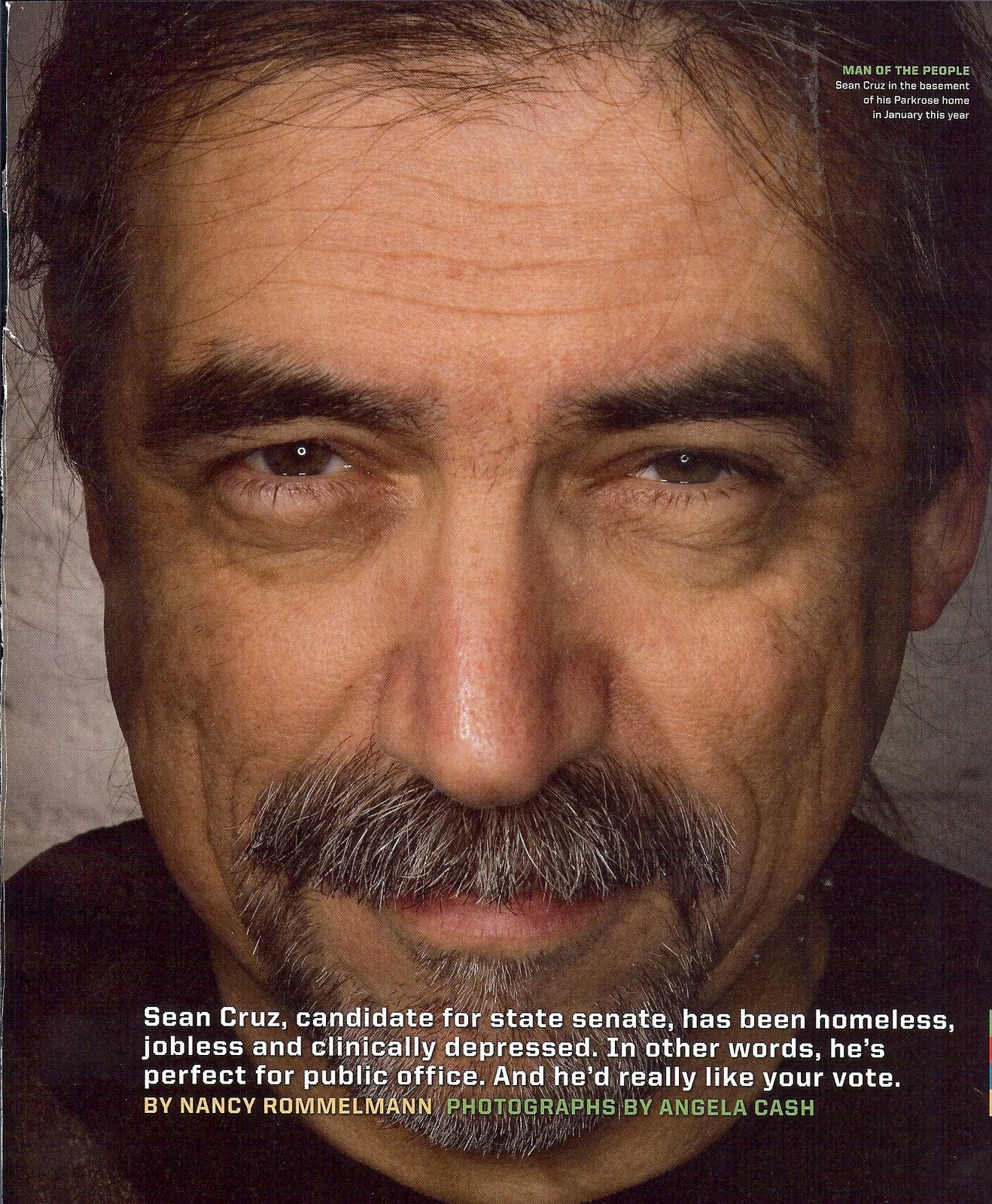By Sean Cruz
Portland, Oregon—
While the threat of economic collapse in developed nations looms on all sides in this second decade of the 21st Century, the United States faces certain threats from all four directions of the compass, each as distinct as the directions themselves.
From the East, there is the threat of random physical violence through terrorism and Islamic extremism, although distance and the Atlantic Ocean serves as a wide moat, channeling potential attacks into the skies through civilian air carriers, carried out by small groups or cells, or persons delivering a bomb alone. The economic cost of defending US air travel from our own citizenry due to a single underwear bomb ensures that someone somewhere is taking it to the next level, developing a suppository bomb, and you do not want to think about how the TSA will defend against that threat. Invest in latex gloves, a growth stock for sure, spectacular returns on the near horizon.
From the West, there is China, where the vast expanse of the Pacific Ocean as a physical barrier is largely irrelevant in the global economy. This is nothing like Japan in the 1930s. The sheer size and entrepreneurship of the Chinese people, where the number of students studying English today is greater than the entire population of the United States, signals a day when its imperviousness to US “We’re Number One” braggadocio will become clear to even the diehard Cold Warriors still fighting the illusions described in Mao Zedong’s Little Red Book.
Our dependence on China to finance our wars in Iraq and Afghanistan on credit is more than a double-edged sword held at our throat. The “full faith and credit” of the nation dictates that we will make good on the Bush-Cheney promises to pay principle and interest to China for generations to come; the wars are enormous sinkholes of money, military personnel and national morale that no amount of economic development can compensate for; and, the wars create motive and financing for continued attacks on the US from the East.
Some day, books will be written titled The Decline and Fall of the American Empire, with photographs of George W. Bush and Dick Cheney on the cover.
From the North, the principle threat to the nation comes in the form of massive environmental destruction on a scale heretofore known only in China and in the Soviet destruction of the Aral Sea: the Alberta tar sands catastrophe.
Most Americans think of Canada with disinterest, as a benign neighbor, but the US-Canadian border is little more than a line drawn on a map, and we are in the same boat together when the large North American ecosystems are considered.
“It (the Alberta Tar Sands) is the most evil project on the face of the earth, and I want to do my part to stop it,” Winona LaDuke said recently, mincing no words in her description of the damage that the process of extracting oil from the Alberta tar sands inflicts on the land, the air, the water, the boreal forest, the wildlife and on the people who live in close proximity.
Our Canadian friends are willing to sacrifice vast expanses of Canada to feed our bottomless addiction for oil at any cost, and no other type of oil extraction is as costly or as dirty or as harmful as that which comes from tar sands. Americans largely measure their interest in energy by the price they pay at the pump, where periodic uproars generally die down when the cost of fuel drops a few cents a gallon.
We are linked to the Alberta tar sands also by pipelines that carry the oil wrung out of the earth.
There are battles currently underway to stop the construction of the1700-mile Keystone XL pipeline under the nation’s heartland all the way to the Gulf of Mexico and to stop the “heavy haul” shipments of mining extraction equipment across the Northwestern states. This equipment, it should be noted, is manufactured in Asia.
“In the upcoming months, more Native Nations, in Montana, the Dakotas, and Oklahoma, will be asked to open their right of ways to the pipeline…. Tar Sands are ecologically considered the most destructive projects on the earth. The impact is devastating in northern Alberta and to the Native nations. The pipelines will not only link our region to an unsustainable set of projects, but threaten the ground water in our region.”—Winona LaDuke
From the South, the threat comes through Mexico as much as it comes from Mexico, but it comes largely by way of invitation. It is a threat that we buy, that we invest in, that for some pays well.
As cash-strapped as most of us are in this economy, Americans still send billions of dollars of cash, bales and suitcases and truckloads of cash, across the southern border, and along with them rivers of American-manufactured guns and ammunition to fuel the violence that has killed more than 30,000 Mexican people in the last four years alone.
Author and poet Benjamin Alire Saenze wrote: “Wealthy people are welcome anywhere in the world. Borders exist to keep out the poor.”
This is the only direction where Americans use the word “invasion” to describe a threat to the nation. It is not an invasion of armies, however, but a migration of the poor, in large part driven out of their homes by desperation that can be traced to US foreign policy, corruption fueled by the drug trade, and the colonial practices of international corporations.
Among the guiltiest of parties to the violence are the gun dealers protected by US laws who supply the cartels with weapons and ammunition that no Mexican citizen can legally purchase or possess.
====================
Author and poet Benjamin Alire Saenz spoke about violence and life along the US-Mexico border on PBS Newshour recently.
GWEN IFILL: Finally, another in our series on poets and poetry -- tonight, Benjamin Saenz. He lives on and writes about a part of the U.S.-Mexico border beset by violent crime in recent years. Saenz has authored numerous books of fiction and poetry. His latest collection is called "The Book of What Remains."
BENJAMIN ALIRE SAENZ, author, "The Book of What Remains":
“My name is Benjamin Alire Saenz. I live on the Juarez/El Paso border on the U.S. side. I'm a Latino writer, poet, artist, children's book writer.
“I really actually like to identify myself these days as a fronterizo, someone who lives on the border. This is the place that really defines me, because it is such a difficult terrain to negotiate, because there are no sense of certainties, the fixed ideas of one's identity, of one's natural boundaries, the way one uses words, that they come from all sides. And, sometimes, they come at you like bullets.
“It's not a comfortable place to live. And, if you want to be a writer, you don't want to live in a comfortable place.
"Meditation on Living in the Desert No. 11"
"I am looking at a book of photographs. The photographs document the exodus of Mexicans crossing the desert. I am staring at the face of a woman who is more a girl than a woman. She is handing her documents to a government official. I know and you know and we all know that the documents are forged. The official is not in the photograph, only the frightened eyes of the girl."
-- Benjamin Alire Saenz
“I think the reason I started writing these odes to Juarez is that I feel a profound connection to that city and to the people of Juarez. Juarez used to be a place where you could go and have a drink, meet people for dinner. It used to be a playground, if you will, of some sort, to become -- it's become this dangerous place, which is the opposite of a playground, really.
“Murder happens with impunity. There is no institutional system of justice that's working. And, to me, that is not only terrifying, but profoundly sad.
“So, some people leave. Some people have to stay. Some people still come back and forth. Some people try to live as normal a life -- most people try to live as normal a life as they can. Some people do move if they have the means.
“This is when borders do become fluid. Wealthy people can move anywhere they want. Wealthy people are welcome anywhere in the world, which then we have to say then borders are really to keep out the poor. “ –Benjamin Alire Saenz
"Ode to Juarez No. 5."
"This is where we live. The old man sits. There is nothing to do but remember. He is too old to work, too healthy to die, too rich to starve, too poor to leave the city. He hears a rumor. El Cartel de Sinaloa has defeated El Cartel de Juarez. If the war is over, then why is there still killing? We will be dead and buried before the killing stops. The killing will go on for an eternity, killing our new addiction, our new cocaine.
"People are leaving. The old man and his wife, Elena, will stay. This is where they were born, where they have always lived. The words they used to speak are disappearing. It hurts too much to talk. Sometimes, it hurts too much to breathe. Sometimes, it hurts too much to wake. There is no other place but here. There is no place to go. They have to stay and wait, but wait for what?"
-- Benjamin Alire Saenz






1 comment:
Sean, I had never heard of the Alberta Tar Pits until today. I consider myself pretty well read but I guess the word just doesn't make it this far south into California. Thank you for a very interesting blog.
~~Karen~~
Post a Comment